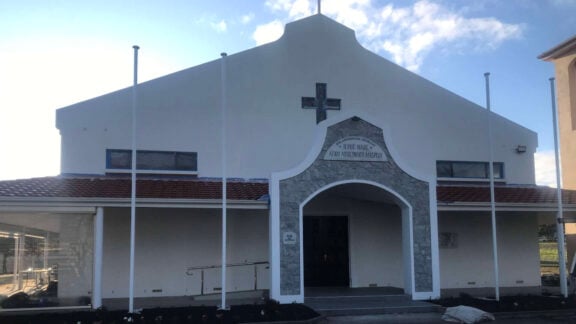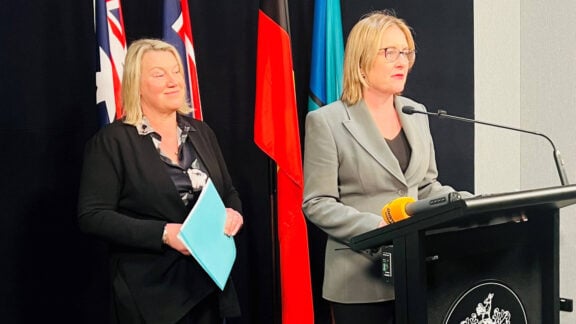In the last 24 hours, Greece recorded 2,301 new coronavirus infections with 14 of those identified at national entry points according to the National Public Health Organization (EODY). Meanwhile, another 41 coronavirus related deaths were registered overnight.
In addition, the country’s total number of confirmed Covid-19 cases is now 203,978, of which 6,705 have died.
Based on the official data reports, of the deceased 95.7 per cent had an underlying health condition and/or were aged 70 or more.
At the moment, the number of intubated patients in intensive care units has reached 452, with the patients’ median age sitting at 68 years.
Of those hospitalised, an 84.7 per cent has an underlying condition and/or is aged 70 or more.
Since the beginning of the pandemic 1,403 patients have been discharged from ICUs and 174,008 of the cases have recovered.
However, over the past seven days the number of new Covid-19 patients requiring intubation in hospitals per day is 356, with a lower median infection age at only 44 years.
Yesterday’s data (Saturday 6 March) marks the highest influx of intubated patients in the country since early January, a tally that has alarmed health officials and government alike.
The past week has put a lot of pressure on the country’s hospitals with hospital beds being extremely scarce.
Several areas in Greece are on red alert with Fokida and the municipality of Anogia in Crete having high viral loads with infections spreading at alarming rates.
The regions of Kozani, Kastoria, Ioannina, Kavala, Imathia, Serres, Kilkis, Zakynthos, Chania and Rethimno follow suit.
At the same time, Greek Prime Minister Kyriakos Mitsotakis urged the European Commission to pressure all pharmaceutical companies to “meet their schedules for the delivery of vaccine doses in the second quarter of 2021, when it is anticipated that there will be a significant increase in the rate of vaccinations”.
“…. we exceeded the milestone of 1 million doses,” he said adding that “Greece is moving proportionally faster than many European countries.’
The question now is how to expedite the process so that we can build the wall of immunity which will allow us to return to normalcy,” he stressed.









